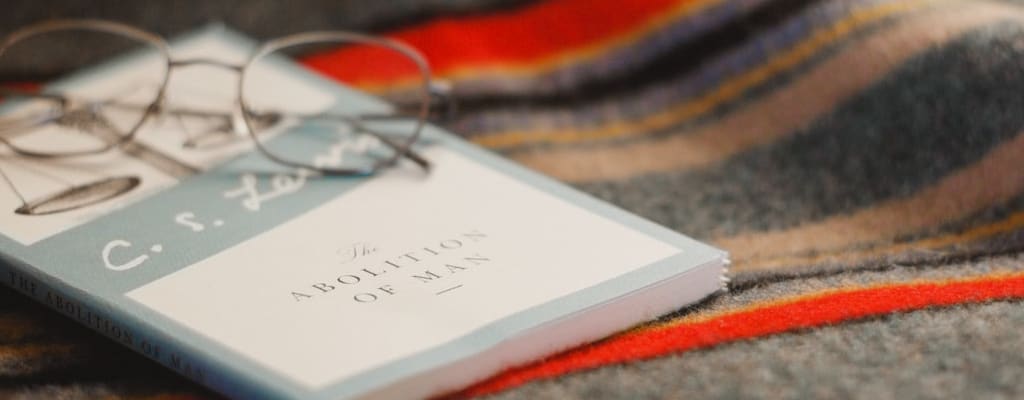have got: Idiom Meaning and Origin
What does ‘have got’ mean?
The idiom "have got" is used to indicate possession or ownership of something. It is often used as a synonym for "have" and is commonly used in informal language.

Idiom Explorer
The idiom "here you go" is used when giving something to someone. It implies a gesture of offering or presenting an item or information to another person.
The idiom "have words" means to argue or have a heated discussion with someone.
The idiom "have one's way" means to get what one wants or to have things done according to one's own preference, often by exerting control or influence over others.
The idiom "have one's number on it" means that something is specifically intended or designed for someone. It implies a personal connection or relevance to an individual.
The idiom "have one's name taken" means to have someone write down or record your name in order to keep track of or remember you, often for a specific purpose or event.
The idiom "have it your way" means to allow someone to do or have something exactly as they want, without any compromises or objections from others.
The idiom "have it in one" means to correctly guess or understand something immediately, without considering other options or possibilities.
The idiom "have it going on" means to possess a desirable or impressive quality, often in terms of attractiveness, confidence, or success.
The idiom "have had it" means to be completely fed up, exhausted, or at the limit with a situation or person.
The idiom "have done with" means to finish or complete something and have no further involvement or connection with it.
Origins Unveiled
The idiom "have got" is a commonly used expression in the English language. It can have various meanings depending on the context in which it is used. One important point to note is that "have got" is predominantly used in spoken English rather than formal written English.
When used as a replacement for "have," "have got" indicates possession or ownership of something. For instance, instead of saying "I have a new car," one might say "I have got a new car." Although the use of "got" in this context may seem redundant, it actually adds emphasis to the possession.
In addition to expressing possession, "have got" can also convey obligation, necessity, or duty. If someone says, "I have got to go to work," it means they feel compelled or have an obligation to go to work. In this sense, "have got" can be interchangeable with "have to."
Another related idiom is "have it going on." This phrase means someone has a lot of success, talent, or positive qualities. It conveys the idea that someone is impressive or influential in a particular area. For example, "She really has it going on in her career." In this case, "have got" is used to describe someone's exceptional abilities or achievements.
In addition to possession and obligation, "have got" can also describe physical or emotional conditions. If someone says, "I have got a headache," it means they are currently experiencing a headache. This usage is particularly common when discussing physical ailments or temporary states.
Another related idiom is "have had it." This phrase means to be at the point of exhaustion, frustration, or breaking down. It is often used when someone has reached their limit or cannot tolerate a situation any longer. For example, "I have had it with this job, I need a change." In this case, "have got" is used to express exasperation or a strong desire for change.
It is worth noting that the usage of "have got" is more prevalent in American English than in British English. The British tend to use the shortened form "have," while Americans are more likely to use "have got" in everyday speech. However, it is important to mention that this is a general trend and individual preferences may vary.
There is some debate about the appropriateness of using "have got" in formal writing. Some style guides discourage the use of this phrase and recommend using "have" instead. However, "have got" is widely accepted and commonly used in informal and spoken English. Its colloquial and informal nature contributes to its frequent usage in everyday conversation.
Summing up, the idiom "have got" is a versatile expression that can convey possession, obligation, and physical or emotional conditions. It is primarily used in spoken English, particularly in American English. Additionally, related idioms like "have it going on" and "have had it" provide additional nuances and emphasize exceptional abilities or reaching a breaking point. While opinions may differ on its appropriateness in formal writing, "have got" remains widely understood and commonly used in informal contexts.
Example usage
The idiom "have got" can be used in a sentence in the following examples:
- I have got a new car.
- She has got a big house.
- They have got three dogs.
More "Modal" idioms



